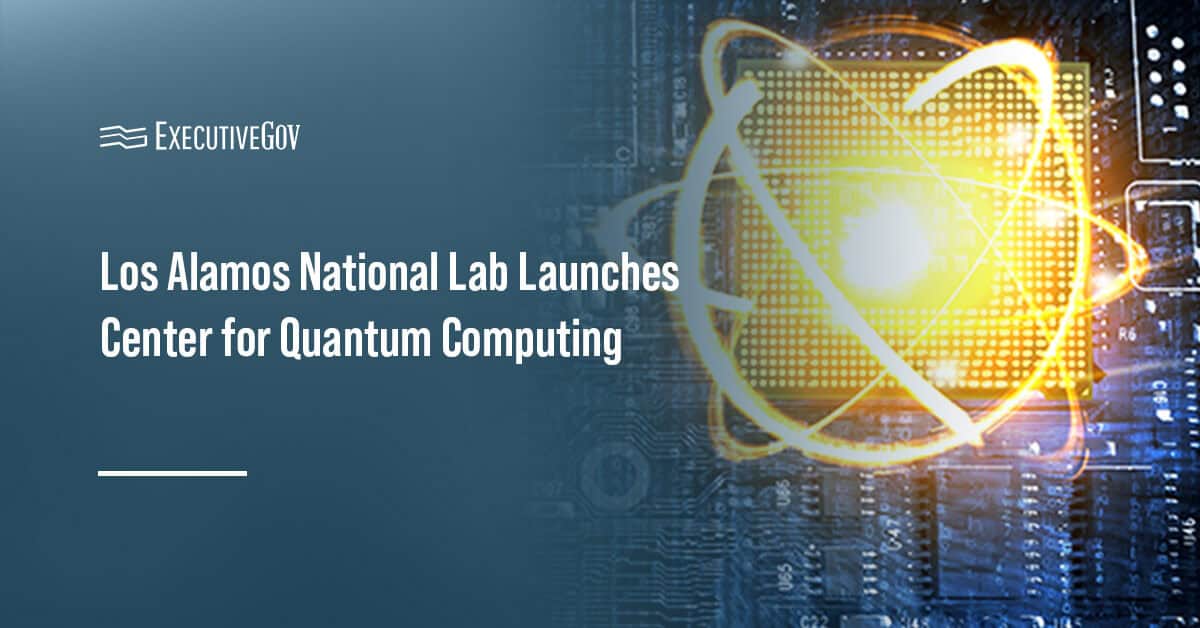 Scientists at Lawrence Livermore National Laboratory and University of California, Berkeley, have simulated the formation of individual and clusters of stars through the use of a NASA supercomputer.
Scientists at Lawrence Livermore National Laboratory and University of California, Berkeley, have simulated the formation of individual and clusters of stars through the use of a NASA supercomputer.The group of scientists used a UC Berkeley-built code to create and run a three-dimensional simulation of stellar formation on NASA’s Pleiades supercomputer, NASA said Wednesday.
The Pleiades supercomputer is based at the space agency’s Ames Research Center in Silicon Valley and works to generate results that are comparable with observation data collected by the Hubble Space Telescope.
Scientists plan to use UC Berkeley’s code to simulate the development of stellar disks or pancake-shaped accumulation of dust and gas around the protostars, which are associated with planet formation.





